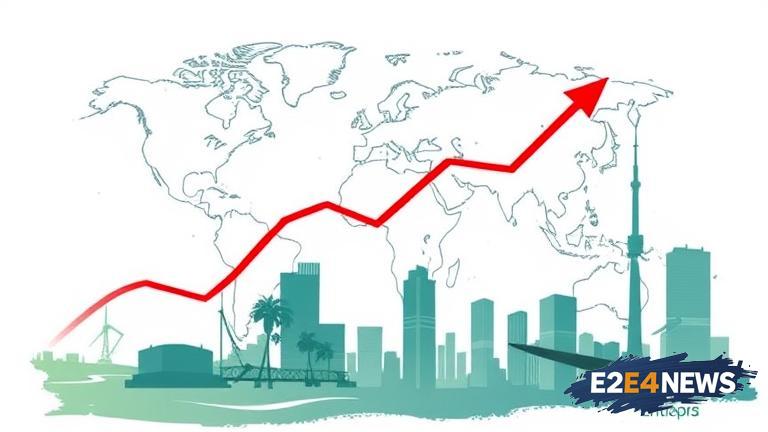Bangladesh has witnessed a notable increase in remittance inflows in recent times, primarily attributed to the contributions of its expatriate workers. This surge in remittances has been observed amidst the prevailing global economic uncertainty, which has affected numerous countries worldwide. The remittance inflows have played a crucial role in stabilizing the country’s economy, providing a significant boost to its foreign exchange reserves. According to recent data, the remittance inflows have exceeded expectations, with a substantial amount being sent back by Bangladeshi workers employed abroad. The majority of these remittances have originated from countries in the Middle East, Europe, and North America, where a large number of Bangladeshi expatriates are based. The increase in remittance inflows can be attributed to various factors, including the growing number of Bangladeshi workers traveling abroad in search of employment opportunities. Additionally, the government’s initiatives to encourage the use of formal channels for sending remittances have also contributed to this growth. The central bank has implemented measures to simplify the process of sending and receiving remittances, making it more convenient and attractive for expatriate workers to use formal channels. As a result, the country has seen a significant reduction in the use of informal channels, such as hundi, which were previously widely used. The growth in remittance inflows has also been driven by the appreciation of the US dollar against the Bangladeshi taka, making it more lucrative for expatriate workers to send money back home. Furthermore, the government’s decision to increase the cash incentive on remittances has also encouraged expatriate workers to send more money through formal channels. The increased remittance inflows have had a positive impact on the country’s economy, helping to stabilize the exchange rate and increase foreign exchange reserves. This, in turn, has helped to boost economic growth, create employment opportunities, and improve the overall standard of living. The remittance inflows have also played a crucial role in reducing poverty and inequality in the country, as the money sent back by expatriate workers is often used to support families and finance small businesses. Moreover, the growth in remittance inflows has also contributed to the development of the country’s financial sector, with an increasing number of banks and financial institutions offering remittance services. The government has also taken steps to promote financial inclusion, encouraging the use of digital channels for sending and receiving remittances. In addition, the authorities have implemented measures to prevent money laundering and terrorist financing, ensuring that the remittance inflows are used for legitimate purposes. The increase in remittance inflows has also been driven by the growing demand for Bangladeshi workers in countries such as Saudi Arabia, the United Arab Emirates, and Kuwait. The Bangladeshi government has signed agreements with these countries to increase the recruitment of Bangladeshi workers, which is expected to further boost remittance inflows in the coming years. Overall, the growth in remittance inflows has been a positive development for Bangladesh, helping to stabilize the economy and improve the standard of living for millions of people. The government’s initiatives to promote the use of formal channels for sending remittances have been successful, and the country is expected to continue to see significant growth in remittance inflows in the future. The remittance inflows have also contributed to the country’s socio-economic development, helping to reduce poverty and inequality, and promoting financial inclusion. As the global economy continues to face uncertainty, the growth in remittance inflows is expected to play a crucial role in stabilizing Bangladesh’s economy and promoting economic growth.





